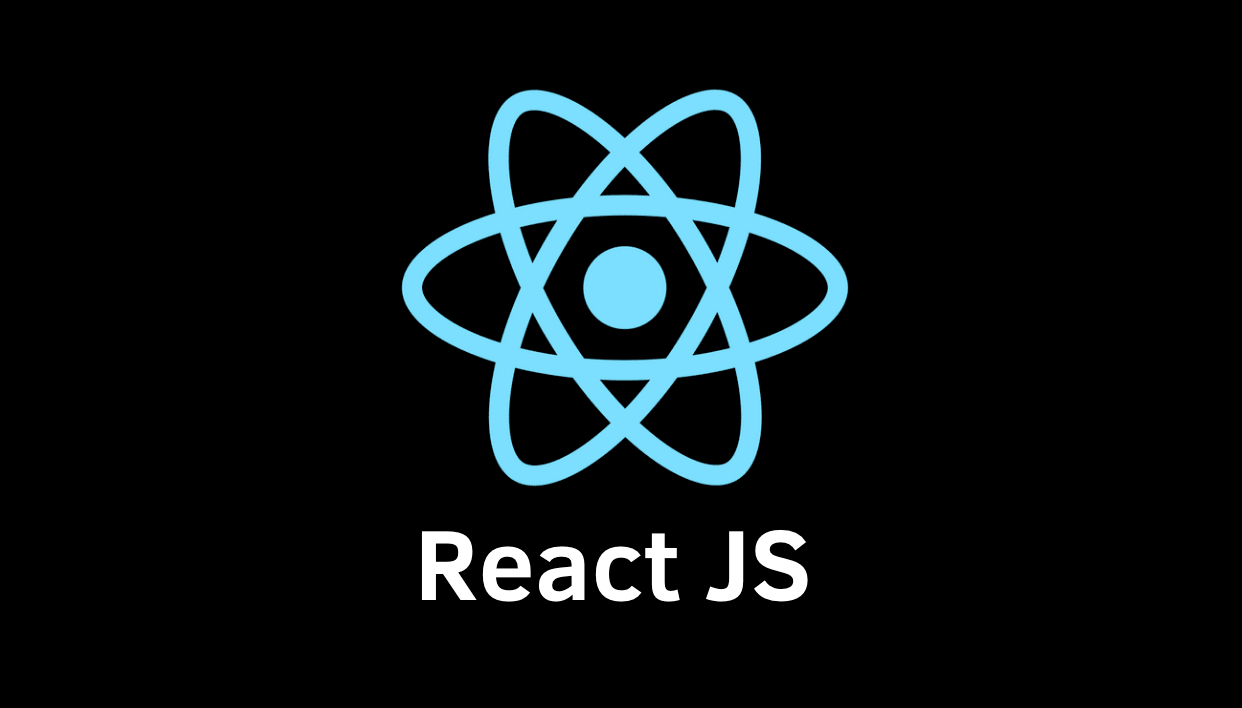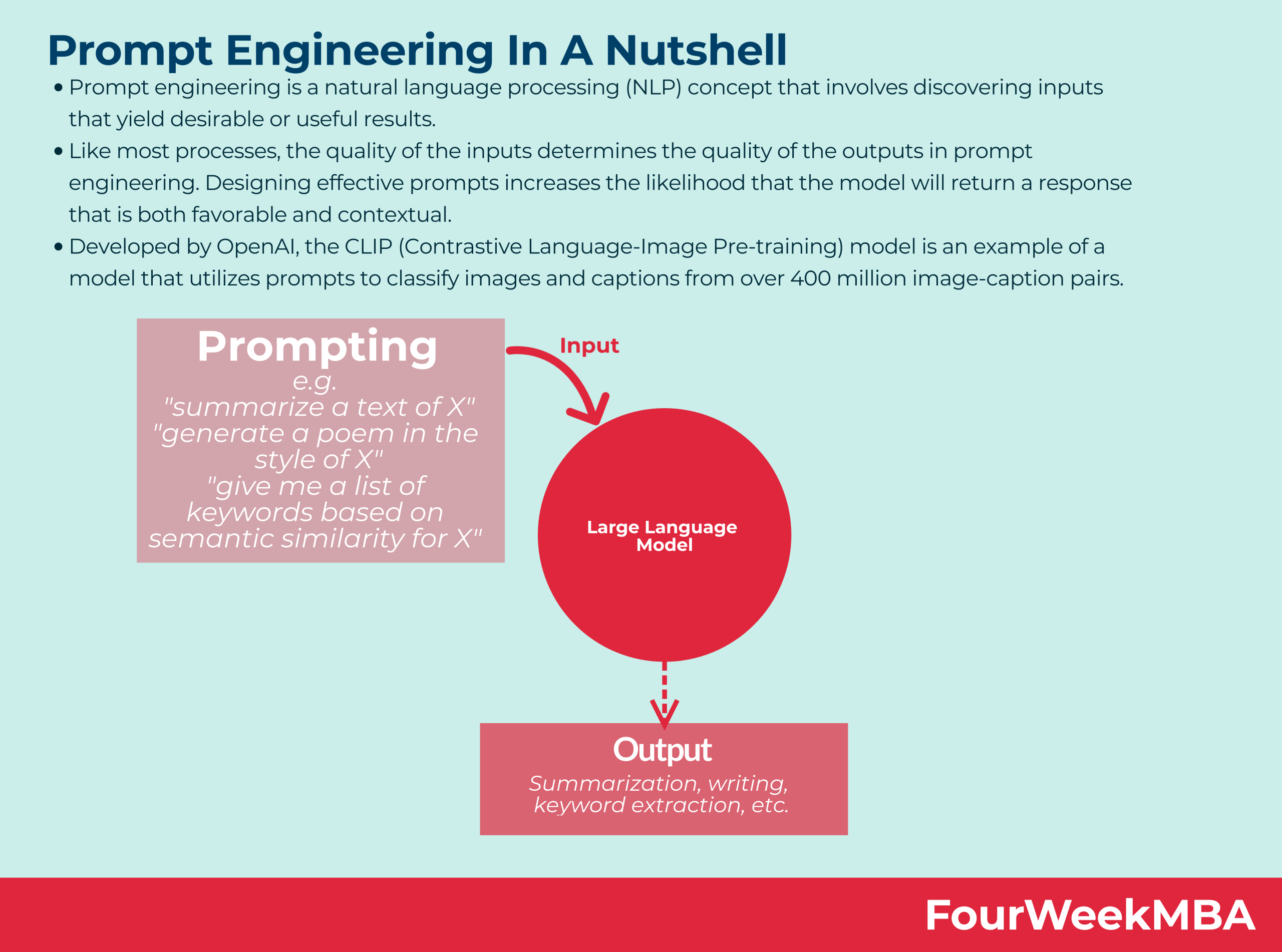"Introduction to Cybersecurity Analysis"
The Cybersecurity Analyst course is designed to provide students with the knowledge and skills necessary to protect computer systems, networks, and data from cyber threats. This course will cover topics such as risk assessment, vulnerability management, incident response, and security monitoring. Students will learn how to identify and analyze potential security risks, implement security measures, and respond to security incidents. They will also gain an understanding of the latest tools and techniques used in the field of cybersecurity. By the end of this course, students will be equipped with the necessary skills to become a successful cybersecurity analyst and help organizations defend against cyber attacks.
English
Last updated
Thu, 16-May-2024

















